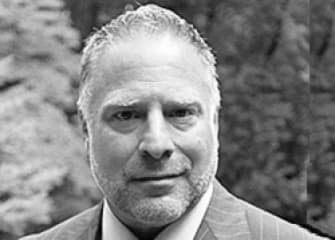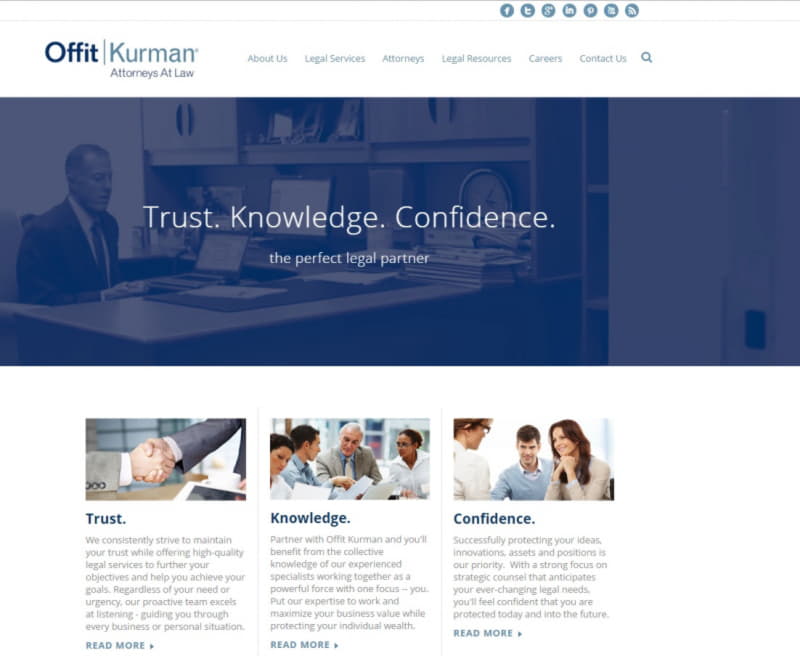
Dean Petkanas
Click here for Part I, Part II, Part III & Part IV
Forging a new era for plant-based medical treatments
Dean Petkanas is the CEO of Kannalife Sciences, a biopharmaceutical company that researches and develops medical and therapeutic applications of cannabinoids—chemical compounds derived from the cannabis plant. Founded in 2010, Kannalife Sciences focuses its efforts on creating treatments for brain diseases, disorders, and conditions such as Alzheimer’s disease, epilepsy, stroke, Arterial Lateral Sclerosis (ALS), Parkinson’s disease, and more. The company has the distinction of holding an exclusive license with National Institutes of Health – Office of Technology Transfer (“NIH-OTT”) for the Commercialization of U.S. Patent #6630507, “Cannabinoids as Antioxidants and Neuroprotectants.” Kannalife has earned recognition as medical innovator for its research on the use of cannabinoids as a neural protector to treat Chronic Traumatic Encephalopathy (CTE). Numerous publications, including Sports Illustrated, have featured the company and identified its research as a possible solution for professional football players and other athletes who regularly suffer repeat brain injury.
Q. How does the DEA’s classification of cannabis as a Schedule 1 drug affect your work at Kannalife? Do you think a full rescheduling of the plant is ahead, and what will the future of the industry look like if so?
DEAN PETKANAS: First, let’s talk about cannabis. They take the whole plant to reschedule it? Probably not. Looking at the non-psychotropic candidates, the big one that’s been produced for rescheduling is cannabidiol, CBD. Even if you take CBD and take it from Schedule I to Schedule II or III, all that does is it opens up a regulatory body. Now, anybody who seeks to involve themselves in making CBD-type medicines would have to follow the guidance that’s still there under the Controlled Substance Act and according to Code of Federal Regulations Title 21, which is the FDA’s code to panel and discuss what that is useful for.
I think that just raises the bar. Will that open up the doors? Yeah, because money now starts to find its way into the marketplace, so it’s going to go to “so-called” experts or it will go to companies like ours that are truly experts in our field and pioneers in the field, but it will open up the doorway for others to jump in, provided that the capital is there. I think that’s where the barrier gets reduced in terms of the movement of capital in the market, but there’s a bar that gets raised in terms of the performance of the participants in the market. If they seek to go in and provide for the production of a medicine, they still have to follow the guidelines associated with making the medicine—claims that have to be made associated with treating a disease—so I think that’s where the marketplace will change.
I think the rescheduling that is about to take place for the specific range of compounds—we’ll call cannabidiol—will open up a corridor and remove a barrier of risk that will keep institutions and funds out of the marketplace. But when they look at where the model of risk is, they’re going to start looking at pharmaceutical companies first, before cottage industry participants that pretend to be able to make a medicine that’s qualified even on an interstate basis. That barrier, and restrictive barrier removal, is good for companies like ours.
As far as being able to produce a completed to finished product, you could never be undercapitalized in a marketplace. I’m not going to say “the more the merrier,” because we have a defined use of proceeds for what we’re going to utilize our B round funding for. But if we’re able to get into clinical trials and a company like Bayer came off the sidelines and said, “I’m giving you $50 million in milestone payments for a brain–liver disease,” and we were able to do that, then it proves itself out that pushing into that paradigm in the marketplace is where you’re going to get your rewards from.
Q. Can you describe your patent with the US government? What does your arrangement allow the company to do, are you limited in terms of what kind of treatments you can research? What value does your intellectual property give to the company?
A. The patent describes cannabinoids as antioxidants and neuroprotectants. There’s a whole host of diseases underneath and underlying the patent that cannabinoids might be useful for in terms of treating. We chose hepatic encephalopathy and chronic traumatic encephalopathy as two diseases that are neurodegenerative diseases. That focus gives us, I think, an early starter advantage, in a field of pharmaceutical companies that are now going to be focused on cannabinoids therapeutics.
If you look at GW Pharmaceuticals, they focused on spasticity and pain. Those were their hallmarks—spasticity with Epidiolex, pain with Sativex. They’ve brought it through clinical trials in Europe. They’ve established a position in the marketplace, and not only in safety in the use of the product, but in efficacy in the use of the product. Certainly, Sativex is an alternative to opioid medications.
Then, you have Insys Therapeutics, another pharmaceutical company, which is engaged in the production of cannabidiol in bulk as an API producer, and also in some of the diseases they’ve chosen. Now, there are two companies that have orphan designation across some pantheon of about 13 diseases. That’s GW and Insys. We’re the third. We’ve made an application to the FDA for orphan designation for the use of cannabidiol in the treatment of HE, or hepatic encephalopathy.
In that regard, the intellectual property is important because it gives you a point of use and design in terms of a model of some form of monopoly. When you have a technology that’s patented, it’s useful for a period of 20 years. The license with NIH gives us a range of exclusivity and use for that technology with the use of cannabidiol.
On our own accord, we’ve added to that. We’ve produced compounds that are cannabidiol-derived, and very likened to cannabinoids therapeutics. In that application we’ve made, which is a Patent Cooperation Treaty application, we’ve listed a host of neurodegenerative diseases that potentially can be targeted with the use of some of these compounds, like KLS-13019.
The block of intellectual property gives the company, I think, an extraordinary value proposition for the marketplace. It kind of segues into where we are now. We’re in the middle of pushing towards our B round of financing to raise about $15 million to push us into clinical trials.
Connect with Dean on LinkedIn
Sponsored by:
ABOUT OFFIT KURMAN
Offit Kurman is one of the fastest-growing, full-service law firms in the Mid-Atlantic region. With over 120 attorneys offering a comprehensive range of services in virtually every legal category, the firm is well positioned to meet the needs of dynamic businesses and the people who own and operate them. Our eight offices serve individual and corporate clients in the Maryland, Delaware, New Jersey, and Northern Virginia markets, as well as the Washington DC, Baltimore, Philadelphia, and New York City metropolitan areas. At Offit Kurman, we are our clients’ most trusted legal advisors, professionals who help maximize and protect business value and personal wealth. In every interaction, we consistently maintain our clients’ confidence by remaining focused on furthering their objectives and achieving their goals in an efficient manner. Trust, knowledge, confidence—in a partner, that’s perfect.
You can connect with Offit Kurman via our Blog, Facebook, Twitter, Google+, YouTube, and LinkedIn pages. You can also sign up to receive Law Matters, Offit Kurman’s monthly newsletter covering a diverse selection of legal and corporate thought leadership content.
MARYLAND | PENNSYLVANIA | VIRGINIA | NEW JERSEY | NEW YORK | DELAWARE | WASHINGTON, DC


Edwin Warfield, CEO of citybizlist, conducts the CEO Interviews.
If you're interested in reaching CEOs, please contact edwin.warfield@citybuzz.co
Connect on LinkedIn
















